5 Homemade Electrolyte Drinks for Athletes
If you’re an athlete exercising in the heat, you’ll love these tips to make your own homemade electrolyte drink personalized to your tastes and preferences.
As an Amazon Associate, I may earn from qualifying purchases. You can read more here about our Disclaimer and Privacy Page.
Disclaimer – This post is for informational purposes only and is not for diagnosing or treatment. See your medical provider or Registered Dietitian for individual recommendations.
Whether or not you’re someone who is thirsty after exercise, these hydration drinks for athletes will help fuel your summer exercise and keep you hydrated.
When we talk about summer hydration, we talk about liquids, but we also have to talk about electrolytes!
Maybe you want a natural Gatorade alternative, or maybe you want a homemade sports drink for cycling.
Whatever it is, these options use easy-to-find ingredients to meet your needs for homemade electrolyte drinks.
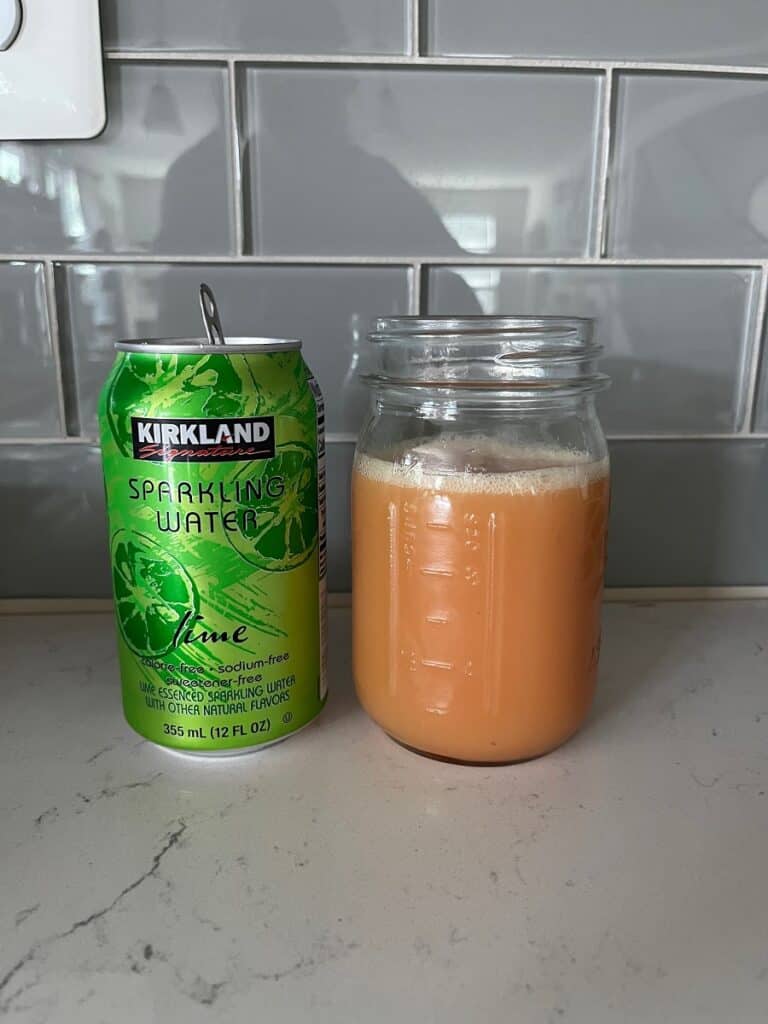
I’ll also say that even if you aren’t an athlete, maybe you’re looking for a homemade electrolyte drink for diarrhea or an electrolyte water you can DIY rather than relying on store bought drinks.
I do love some electrolyte powders on the market that are easy to mix in water, like UCan.
But, if you want to make your own electrolyte drink, it’s really not that challenging. In fact, making your own electrolyte drink can be some of the best electrolyte replacement for runners.
These homemade electrolyte drinks for athletes are tasty and great for hydration all around.
Table of Contents:
We all know that, especially as athletes, and especially during the summer, we need to drink lots of water.
On top of that, if you’re training and taking in gels or running gels and chews, hydration is a necessity.

However, in order to stay optimally hydrated, your body needs more than just water, so let’s review some of the best electrolyte drinks for runners and athletes.
While water is arguably the central component of hydration, certain essential minerals called electrolytes determine how much water your body retains and where it is stored.
Electrolytes for runners and athletes are essential for health and performance!
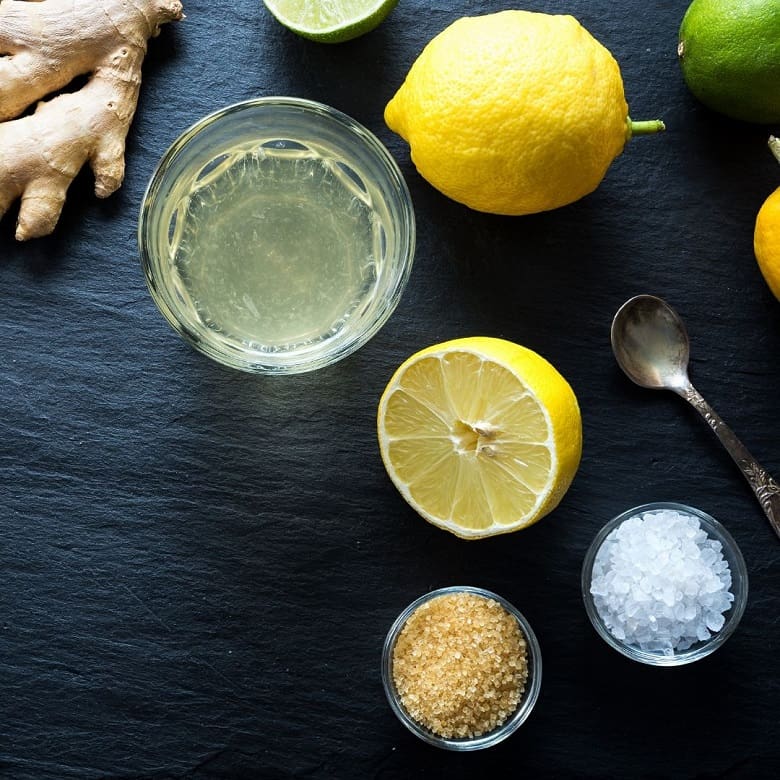
Maintaining proper hydration before, during, and after training and competition will help reduce fluid loss, maintain performance, lower submaximal exercise heart rate, and maintain plasma volume.
Plus, what you wear can affect your hydration and sweat too – check out these summer running essentials.
Being hydrated will have loads of benefits on performance and daily life.
A DIETITIAN IN YOUR POCKET?!
Are you always hungry?! This is the sports nutrition resource you’ve been missing in your training and every day life. Here’s you can make sure you’re eating enough for daily life, performance and recovery. – grab it now!
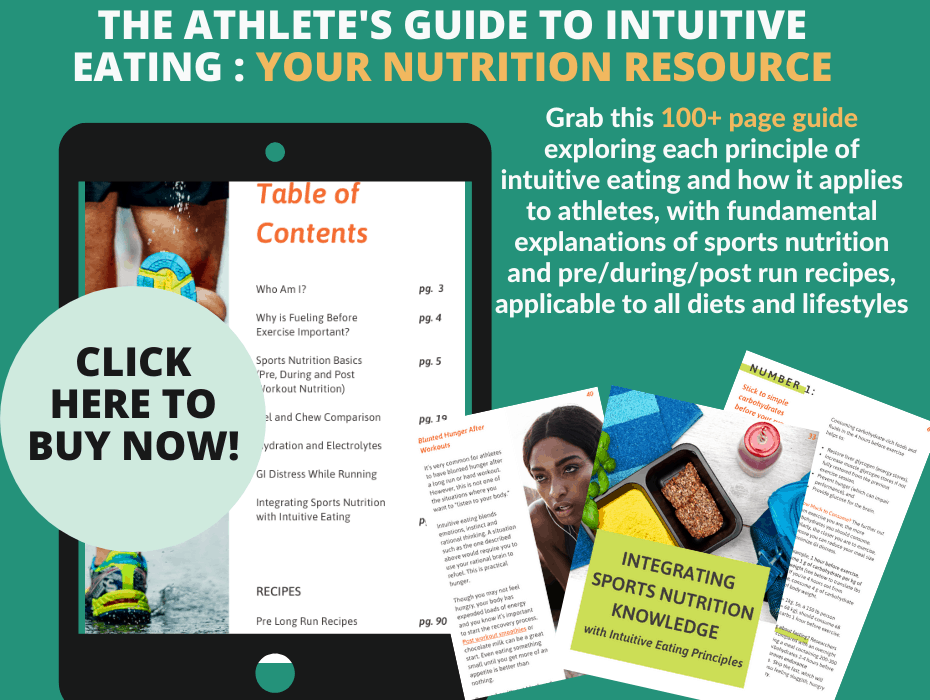
If you’re pregnant or breastfeeding, please know that your hydration needs are much higher as well. You can rely on these pregnancy safe mocktails to help hydrate.
Also, these homemade electrolyte drinks for pregnancy have a little less sugar, but still high electrolytes.
Furthermore, it can help to reduce heat stress, heat exhaustion, and possibly heat stroke.
Maintaining proper hydration before, during and after training and competition will help reduce fluid loss, maintain performance, lower submaximal exercise heart rate, and maintain plasma volume.
What To Put in Homemade Electrolyte Drinks
As a sports dietitian, I’m looking for a homemade electrolyte drink for athletes to have three to four key things:
- Carbohydrates, to enhance fluid absorption and fuel you
- Electrolytes, mainly sodium
- Calories
- Flavor enhancers -we want it to taste good to stimulate thirst and allow us to want to drink it
We talk about this more in our post about distance running nutrition.
While calories and carbohydrates are not necessary if you just want homemade electrolyte water, you’ll likely need them elsewhere if you’re exercising long anyway.
Plus, carbohydrates and hydration go together.

Did you know for every gram of glycogen we store in our muscle, we store about 3-4 grams of water?
We need to stay hydrated to have energy (Source).
You can always swap out some of the liquids for more personalized options. I’m also a big fan of maple water for electrolytes!
Bone broth for runners can also be a great source of electrolytes.
How Electrolytes Work
Certain electrolytes, specifically sodium and chloride, concentrate outside the cell.
Others, mainly potassium, concentrate inside cells.
The ratio of these three electrolytes, and a few other minor ones, affect how much water flows in or out of cells, which is referred to as water balance.
If the water balance, or ratio of electrolytes, is off, you’re more likely to become dehydrated or overhydrated because your body biochemically cannot retain the proper amount of water.

We regularly obtain electrolytes through a majority of foods in our diet, sodium being the most abundant in the diet and the most key in water balance.
However, we also excrete electrolytes in urine and sweat.
Therefore, if you’re an athlete or someone who sweats a lot, you’re likely excreting more electrolytes than you can keep up with replenishing through food.
Or, maybe you don’t salt your food or eat alot of processed foods in your diet to begin with.
If this sounds relatable, it might be time for you to start supplementing with a DIY electrolyte drink or one of these electrolyte recipes.
You can take before or after running – in fact, they are a great example of what to have after a marathon!

How to Make Electrolyte Drinks at Home
When considering how to make your own electrolyte drink, you don’t just want to combine juices and salt.
You do want to consider the ratio, too.
Electrolyte drinks typically consist of a 6-8% carbohydrate solution plus sodium and potassium—this composition is scientifically proven to hydrate effectively.
Various brands, such as Gatorade, Pedialyte, Powerade, and more embrace a solution like this.
But if you can’t stand the taste of artificial flavoring or sugary drinks, or if you’re just feeling adventurous, you can easily make your own homemade Gatorade sugar free version, or natural gatorade alternative.
In fact, diy electrolyte drinks can be pretty fun to make and taste.
So, here’s how to make electrolyte drinks at home.
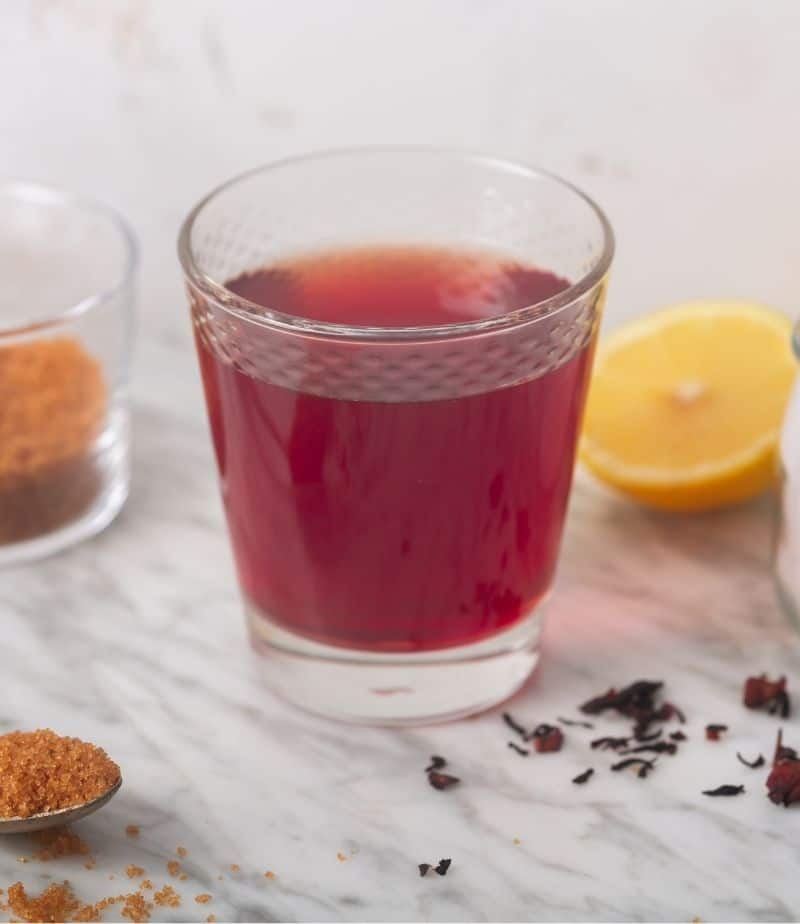
When making a homemade electrolyte drink, you have a bit more flexibility to cater your drink to the electrolytes that are sparse in your diet.
I know starting this on your own can be intimidating, though, so here are five of our favorite electrolyte drink recipes.
One last thing: when you’re reading the nutrition facts of these drinks, don’t be alarmed that they all are fairly high in sodium. Your body needs sodium—it’s the most abundant electrolyte lost through sweat!
Unless you have been told otherwise by a health care practitioner to limit sodium or you have hypertension or another chronic condition where you need to limit sodium, don’t let high salt levels deter you.
However, always check with your medical provider. This post is not intended to be a substitute for medical advice, and is for informational purposes only.
The Best Electrolyte Drinks Homemade
These ideas for a homemade electrolyte drink for runners will mix up your routine, and provide an easy diy electrolyte drink or healthy gatorade substitute.
You can add more salt if you’re a salty sweater and amp up or down the flavor intensity.
You will love how easy (and fun) it is to craft your own homemade hydration drink. I usually pair one of these with some of my favorite healthy postpartum snacks to improve hydration and nutrition.
You can also add your favorite fruits or herbs, like this deconstructed cantaloupe salad recipe (pineapple and cantaloupe are awesome in water)!
1. Cherry Lemonade Electrolyte Drink
Recipe: 6 oz Tart Cherry Juice + 6 oz Lemonade + ¼ Teaspoon Salt
Tart cherry juice has been trending in the fitness world for enough time now that you’ve probably heard of it.
While it doesn’t boast high electrolyte levels on its own, tart cherry juice is known to increase performance and decrease soreness following training. It may also promote better sleep.
I also love using tart cherry juice in these tart cherry electrolyte gummies.
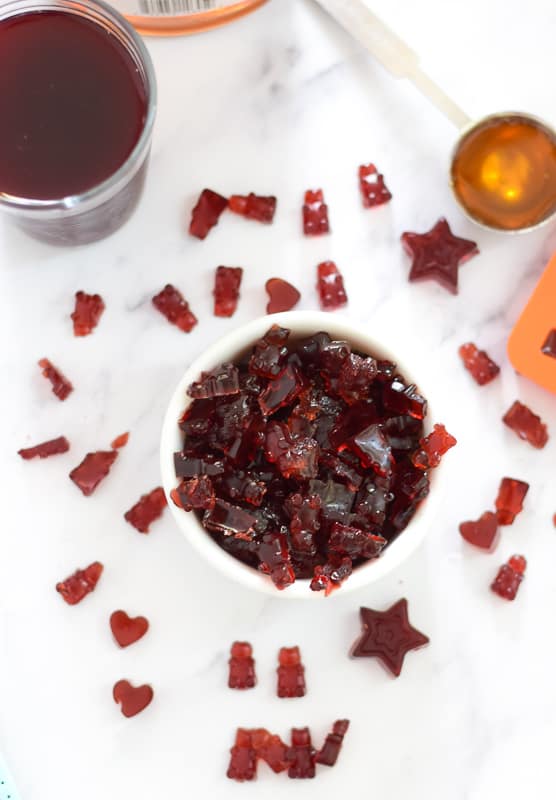
Lemonade packs in potassium, magnesium, calcium, and vitamin C, which also help balance pH and boost the immune system.
Magnesium for runners is helpful for many functions!
Plus, the simple sugars in lemonade act as the carbohydrate solution that aids in quicker hydration, as mentioned above.
Because this recipe is naturally low in salt, add ¼ teaspoon of salt to ensure that sodium and chloride needs are met.
1 serving: 24 g carbohydrates, 586.3 mg sodium, 217.5 mg potassium

2. Apple Ginger Electrolyte Drink
Recipe: 6 oz Apple Juice + 6 oz Water + 1 Tablespoon Ginger Juice + ¼ Teaspoon Salt
Of course, you can make this drink any time of year, but this homemade electrolyte drink for runners gives me strong fall vibes. It’s basically apple cider, just a little more intentional.
I recommend diluting the apple juice with water in a 1:1 ratio in order to reach that goal 6-8% carbohydrate blend.
However, if you don’t like the taste when diluted, or if you have trouble eating enough carbohydrates, you could use 8-12 oz apple juice and omit the water altogether.

Nutrition of this homemade electrolyte drink:
- Apple juice is rich in potassium and magnesium as well as polyphenols, which protect against oxidative stress and inflammation. Especially after exercise, combatting oxidative stress and inflammation is key.
- Apple juice also contains simple carbohydrates to replenish glycogen stores quickly, because that is the point of post workout nutrition!
- Ginger enhances the flavor of this drink times a million, plus it eases digestion, fights inflammation, and as a result, minimizes joint pain.
Because of that, many athletes have had success with using ginger to reduce symptoms of runners stomach and runners belly.
Ginger juice may seem like a niche ingredient, but most grocery stores carry it—just look with the refrigerated smoothies and kombucha.
If you can’t find it, and you own a juicer, by all means, juice your own!

1 serving: 25 g carbohydrates, 601.2 mg sodium, 195 mg potassium
3. Cranberry Orange Drink
Recipe: 8 oz Orange Juice + 4 oz Cranberry Juice + 1 Tablespoon Honey + ¼ Teaspoon Salt
If you have a hard time meeting your carbohydrate needs, this one is for you.
It doesn’t necessarily fall into that 6-8% carbohydrate ratio, but it’s another option for quick liquid hydration. It’s a great example of what to eat on a 20 mile run day.
If you’re going on a long run and need an electrolyte drink that can also act as fuel, this would be a great choice.

Here’s what we like nutritionally:
- Orange juice has about the same amount of potassium as a banana, which is famously rich in the micronutrient. Even more so, it also contains calcium and magnesium, and obviously, quick digesting carbs for recovery.
- Cranberry juice doesn’t have any direct exercise benefits, but it’s awesome for gut health. Cranberry juice is known to prevent UTIs, balance healthy bacteria, and benefit digestive health in general. Especially if you’re a runner, jostling from exercise can upset the gut, so cranberry juice can help calm it back down.
Honey and salt are both supplementary here—honey for more simple carbohydrates, and salt for sodium.
If you need those nutrients, add them! I encourage it, but taking these out is an easy way to modify this homemade sports drink for athletes.

1 serving: 58 g carbohydrates, 579 mg sodium, 558.3 mg potassium
4. Coconut Lime Electrolyte Drink
Recipe: 11 oz Coconut Water + 1 oz Lime Juice + 1 Tablespoon Honey
This homemade electrolyte water is a fun twist on your typical coconut water.
You might want to grab a towel and some sunscreen, because this drink will transport you straight to the beach.
Let’s review some nutrition points in this coconut water electrolyte drink:
- Coconut water typically packs in potassium, calcium and magnesium. Depending on the brand, you may also find sufficient sodium, although some brands do not have enough sodium.
- Lime juice packs in vitamin C for immunity and antioxidants to combat that oxidative damage we talked about earlier, which is increased after exercise. It also helps with collagen absorption.

Of note, keep an eye out on the coconut water you purchase, and if you need to add a 1/8 tsp of sodium, do it!
For example, if you like this coconut water, there is pretty much zero sodium in it, so add accordingly!
Here’s one with nearly 110 mg of sodium per 12 oz, the highest I could find.
Do you have to add honey? Some coconut water comes sweetened, so take a peek at the label before you decide to add honey or not.
If you’re looking for a fun twist, many brands carry flavored coconut water, like pineapple flavor! Experiment with different flavors to make this sports drink into the mocktail you’ve always dreamed about.

1 serving (before adding 1/8 tsp salt): 35 g carbohydrates, 56 mg sodium, 648.9 mg potassium
1 serving (with 1/8 tsp salt): 35 g carbohydrates, 343.5 mg sodium, 648.9 mg potassium
Watermelon Lemonade Electrolyte Drink
Recipe: 2 Cups Watermelon (Cubed) + 1 Tablespoon Lemon Juice + ¼ Teaspoon Salt
Watermelon is one of those foods that will always be refreshing, plus there’s so much you can do with fun watermelon recipes.
I don’t know about you, but after a hard workout, that’s exactly the kind of fuel and hydration I need.
This watermelon drink is one of my favorites and so refreshing.
Watermelon lemonade is a little different because you start with solid foods and blend them all together to make your sports drink.
If you’re not a huge fan of texture, you can drain the watermelon mixture after blending it, or you can also add ice and turn it into a slushie.
Let’s talk nutrition of this watermelon electrolyte drink:
- Watermelon contains potassium and magnesium, as well as L-citrulline, an amino acid that enhances oxygen transport and performance.
- Lemon juice also has potassium and magnesium, plus calcium and vitamin C to balance pH and boost the immune system. Like other drinks, this is naturally low in sodium, so 1/8 to 1/4 teaspoon of salt will even out the electrolytes.
- Citrulline can also help to reduce muscle soreness in athletes after intense workouts. This recipe combines the powerful antioxidants and nutrient content of watermelon, with electrolytes from coconut water and salt for a ‘natural’ sports drink. The perfect drink to help get you through this heat wave.
Want your running nutrition questions answered?
Fill out this form to be matched with one of our dietitians.

1 serving: 24 g carbohydrates, 578.1 mg sodium, 359.5 mg potassium
Let us know if you make any of these homemade electrolyte recipes and enjoy them!
References:
- Sawka MN, Montain SJ, Latzka WA. Hydration effects on thermoregulation and performance in the heat. Comp Biochem Physiol A Mol Integr Physiol. 2001 Apr;128(4):679-90. doi: 10.1016/s1095-6433(01)00274-4. PMID: 11282312.
- Von Duvillard SP, Braun WA, Markofski M, Beneke R, Leithäuser R. Fluids and hydration in prolonged endurance performance. Nutrition. 2004 Jul-Aug;20(7-8):651-6. doi: 10.1016/j.nut.2004.04.011. PMID: 15212747.
- Zhao S, Liu H, Gu L. American cranberries and health benefits – an evolving story of 25 years. J Sci Food Agric. 2020 Nov;100(14):5111-5116. doi: 10.1002/jsfa.8882. Epub 2018 Feb 20. PMID: 29315597.
- Martínez-Sánchez A, Alacid F, Rubio-Arias JA, Fernández-Lobato B, Ramos-Campo DJ, Aguayo E. Consumption of Watermelon Juice Enriched in l-Citrulline and Pomegranate Ellagitannins Enhanced Metabolism during Physical Exercise. J Agric Food Chem. 2017 Jun 7;65(22):4395-4404. doi: 10.1021/acs.jafc.7b00586. Epub 2017 May 26. PMID: 28513179.
Support Bucket List Tummy




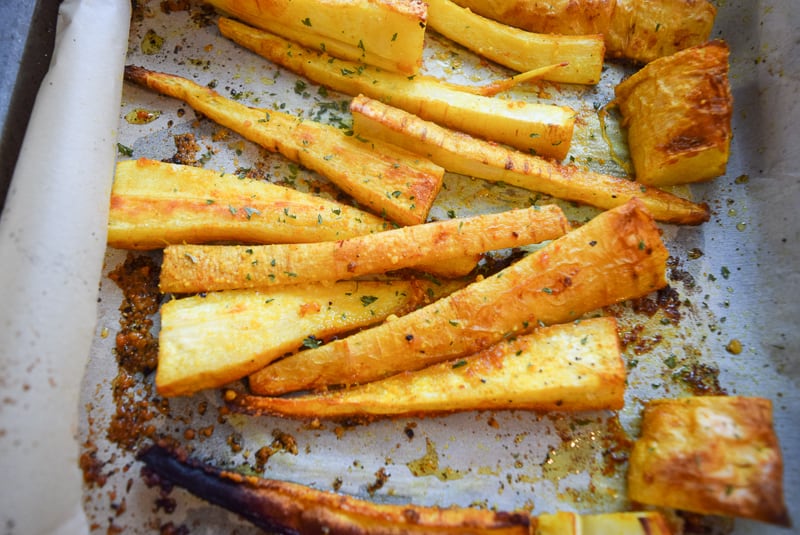
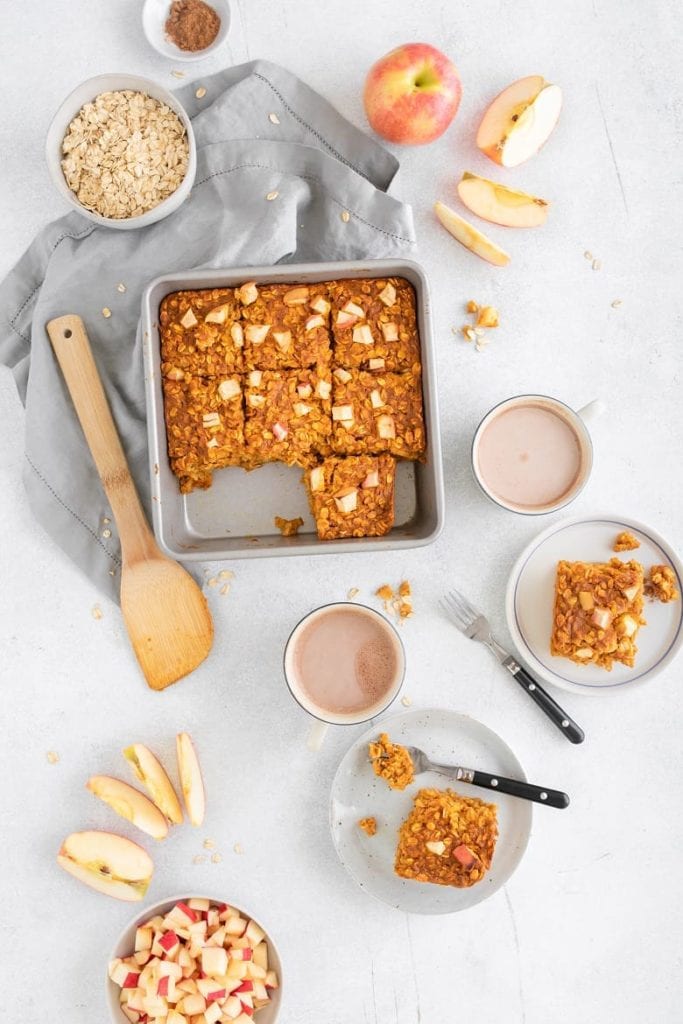

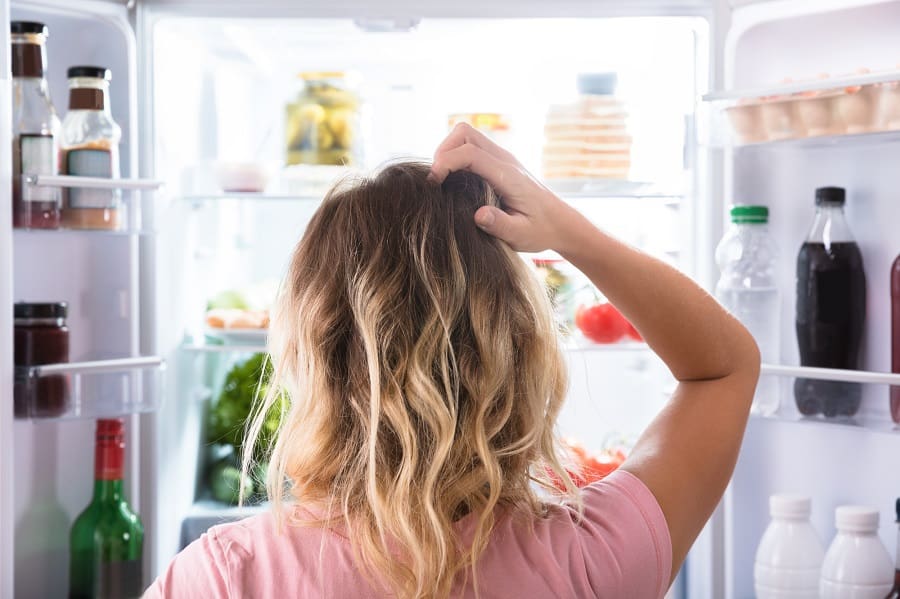
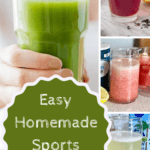
Like This Content?
Support Bucket List Tummywould like a plain water recipe